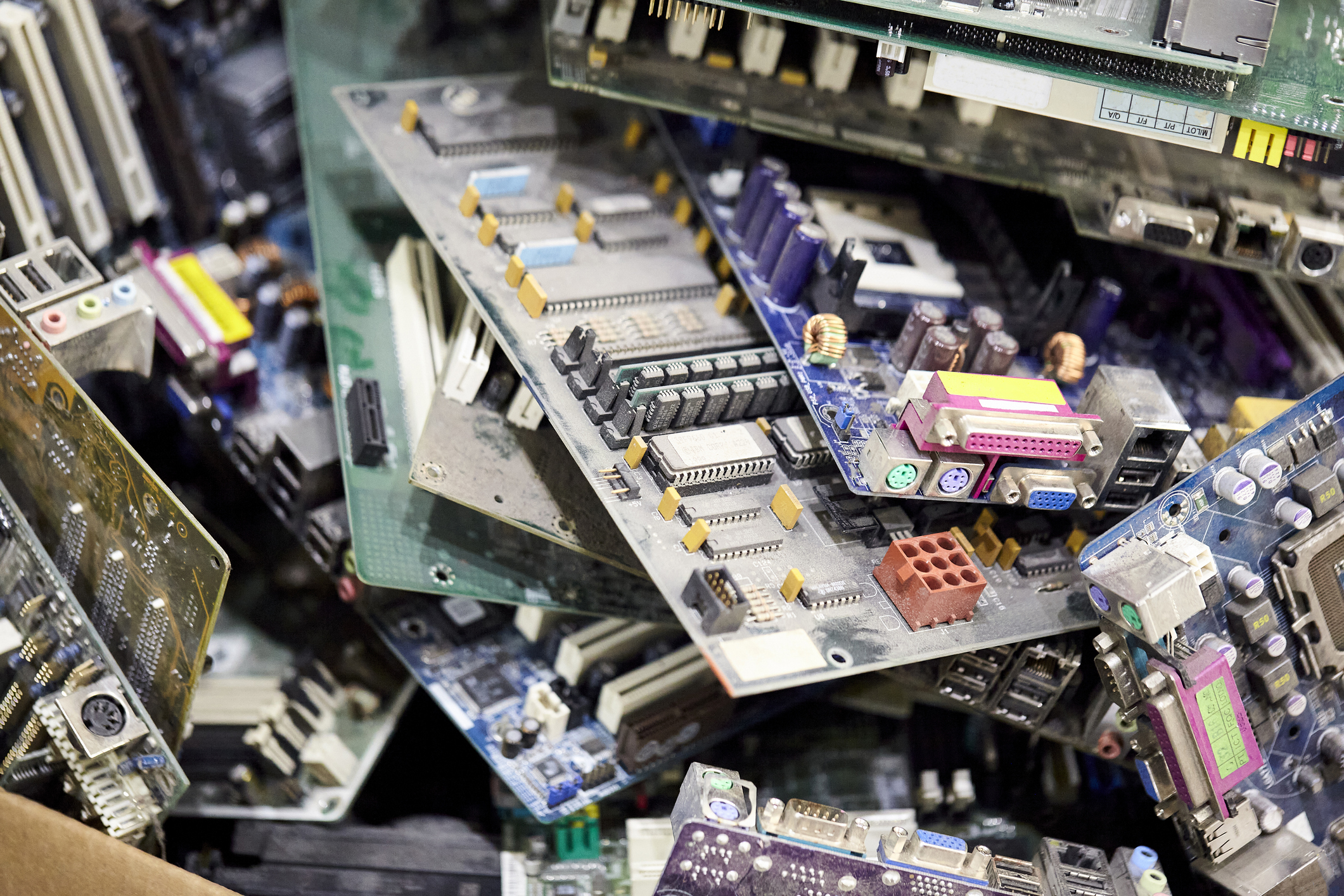Thailand Enacts Comprehensive Ban on E-Waste Imports Amid Mounting Environmental Concerns

Thailand has officially enacted a sweeping ban on the importation of electronic waste, reaffirming its commitment to environmental protection and aligning with regional efforts to curb hazardous material trafficking.
According to a ministerial notification issued by the Ministry of Commerce, the electronic wastes, specially classified under Customs Tariff Headings 84 and 85, particularly statistical code 899, are now strictly prohibited from entering the Kingdom. The new legislation, which came into effect on June 24 following its publication in the Royal Gazette, expands the list of banned e-waste items from 428 to 463 categories.
According to reports, the expanded coverage includes a broader range of obsolete electronics such as faulty circuit boards, used lithium batteries, non-functional mobile phones, and small electrical appliances that may contain toxic residues. In a move to enhance enforcement and prevent misclassification, customs codes have been updated to align with the Harmonized System 2022.
Under the new directive, e-waste is defined as parts or components of discarded electrical and electronic equipment, excluding those from power-generating devices. Dangerous substances—including capacitors containing Polychlorinated Biphenyls (PCBs), and materials tainted with cadmium, mercury, or lead—are subject to strict prohibition under the country’s Hazardous Substances Act.
The legislation arrives amid mounting domestic and international concern over Thailand’s role as a destination for global e-waste. According to 2021 report from the Pollution Control Department, the country produces more than 400,000 tonnes of e-waste annually, yet only 0.125% is properly collected and treated. The remainder often lingers in households or is processed through informal, unregulated recycling channels.
Compounding this internal waste challenge, Thailand experienced a dramatic surge in imported e-waste between 2014 and 2017, with volumes jumping from just under 1,000 tonnes to over 50,000 tonnes in three years. This trend drew criticism from environmental advocacy groups and neighboring ASEAN countries, many of which are also grappling with the influx of hazardous waste from wealthier nations.
Thailand’s recent move follows a broader regional momentum. Earlier, Vietnam tightened its restrictions on importing second-hand electronics. Meanwhile, both Malaysia and the Philippines have introduced national frameworks to manage electronic waste. By banning foreign e-waste imports, the Thai government reinforces its firm stance that “Thailand is not the world’s rubbish bin.” Officials have emphasized that the move is not only designed to safeguard public health and protect the environment, but also to foster a domestic circular economy grounded in safe and sustainable recycling practice.
Source: Nation Thailand






